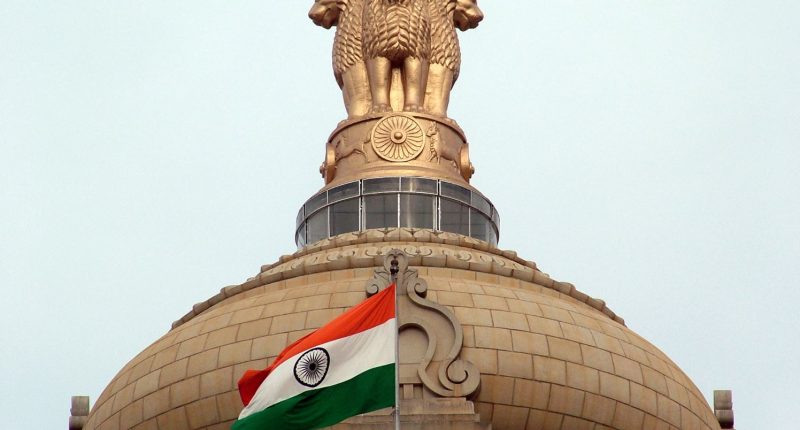India’s Parliament has passed the Promotion and Regulation of Online Gaming Bill 2025, a law that bans all online games played for real money, including both games of skill and chance. The law — which has seen massive furore within the industry — aims to curb the growing financial and social risks associated with these platforms, including gambling addiction, financial fraud, and psychological stress. The law defines an ‘online money game’ as any digital game where players pay money hoping to win more money. This removes the previous legal difference between games of skill and games of chance, which earlier allowed fantasy sports and online card games to operate legally.
The law makes it illegal to operate, promote, or facilitate online games where players can win or lose money. Financial transactions linked to such games are also prohibited, with banks and financial institutions barred from processing payments for such platforms. To enforce the law, a national ‘Online Gaming Authority’ will be established under the Ministry of Electronics and Information Technology (MeitY). This authority will classify games, recommend the blocking of illegal platforms, and monitor compliance, while providing a unified regulatory framework across the country.
It is important to note that the bill allows e-sports and non-money, skill-based games to continue. Competitive tournaments for games like BGMI and FIFA Mobile will remain legal, while only fantasy sports and card games played for money will be banned.
Violating the new law can lead to serious consequences. People or companies that run or help with online games involving real money can be punished with up to three years in prison and fines of as much as ₹1 crore. If someone breaks the law more than once, the punishment becomes stricter, with prison terms ranging from three to five years and fines up to ₹2 crore. The law also makes it illegal to advertise these games, and doing so can result in fines up to ₹50 lakh or imprisonment for up to two years.
The bill aims to address several problems caused by online money games. These include confusing state laws, gambling addiction, mental health issues, suicides from financial losses, and crimes like fraud, money laundering, and tax evasion using offshore platforms or cryptocurrencies. And now by setting up a single legal framework, the government wants to protect vulnerable users and make the rules clear for companies.
Clearly, this law could have a big impact on India’s online gaming industry, which was expected to be worth $3.6 billion by 2029. Companies like Dream11, Mobile Premier League (MPL), Games24x7, and WinZO may have to shut down. After the bill passed, the stock prices of related companies, including Nazara Technologies and Delta Corp, had already dropped. However, the latest move could also threaten the jobs of over 200,000 people and impact the significant foreign investment in the sector. According to estimates, investors put almost $1 billion into real-money gaming companies between 2020 and 2024.
The Tech Portal is published by Blue Box Media Private Limited. Our investors have no influence over our reporting. Read our full Ownership and Funding Disclosure →






